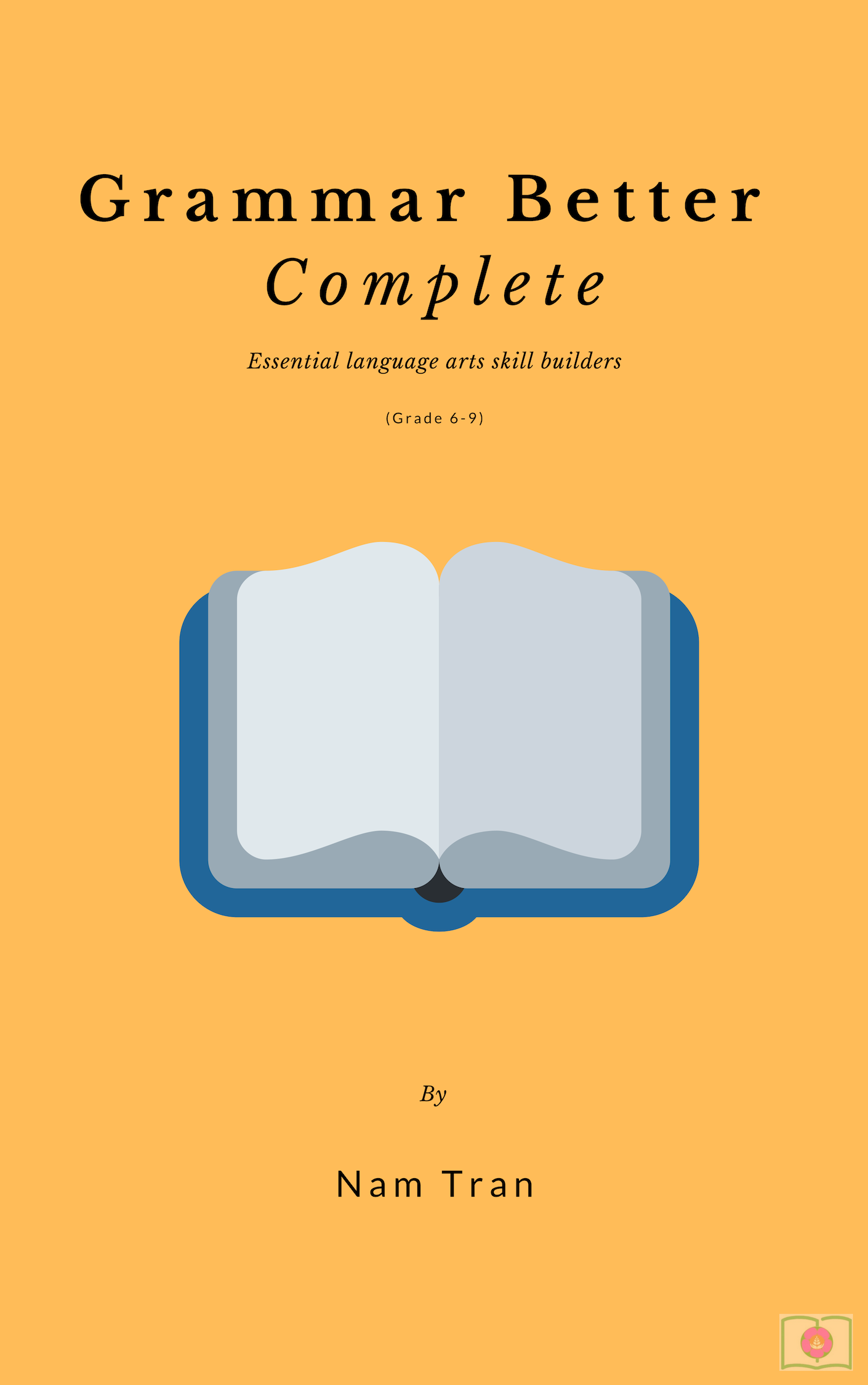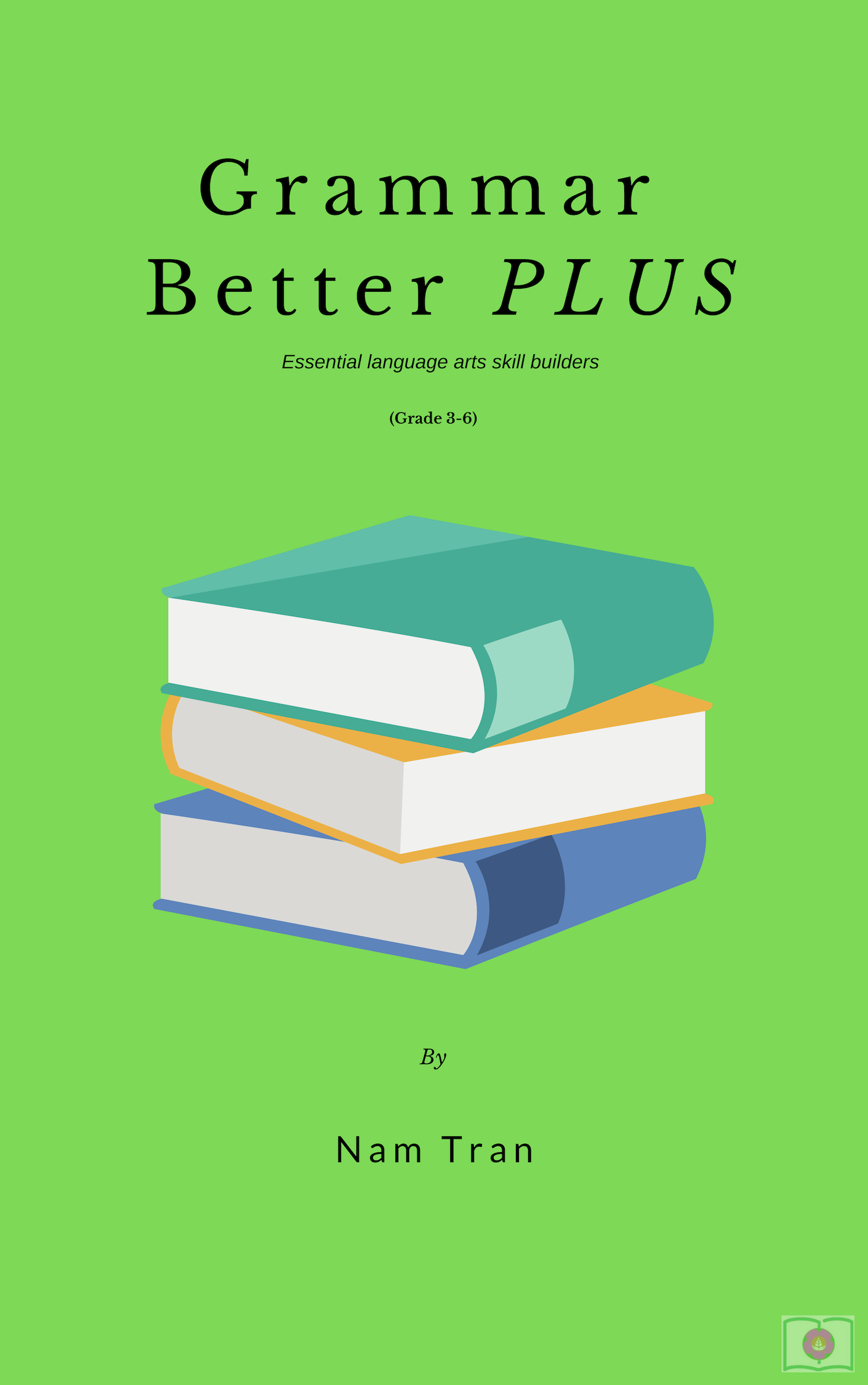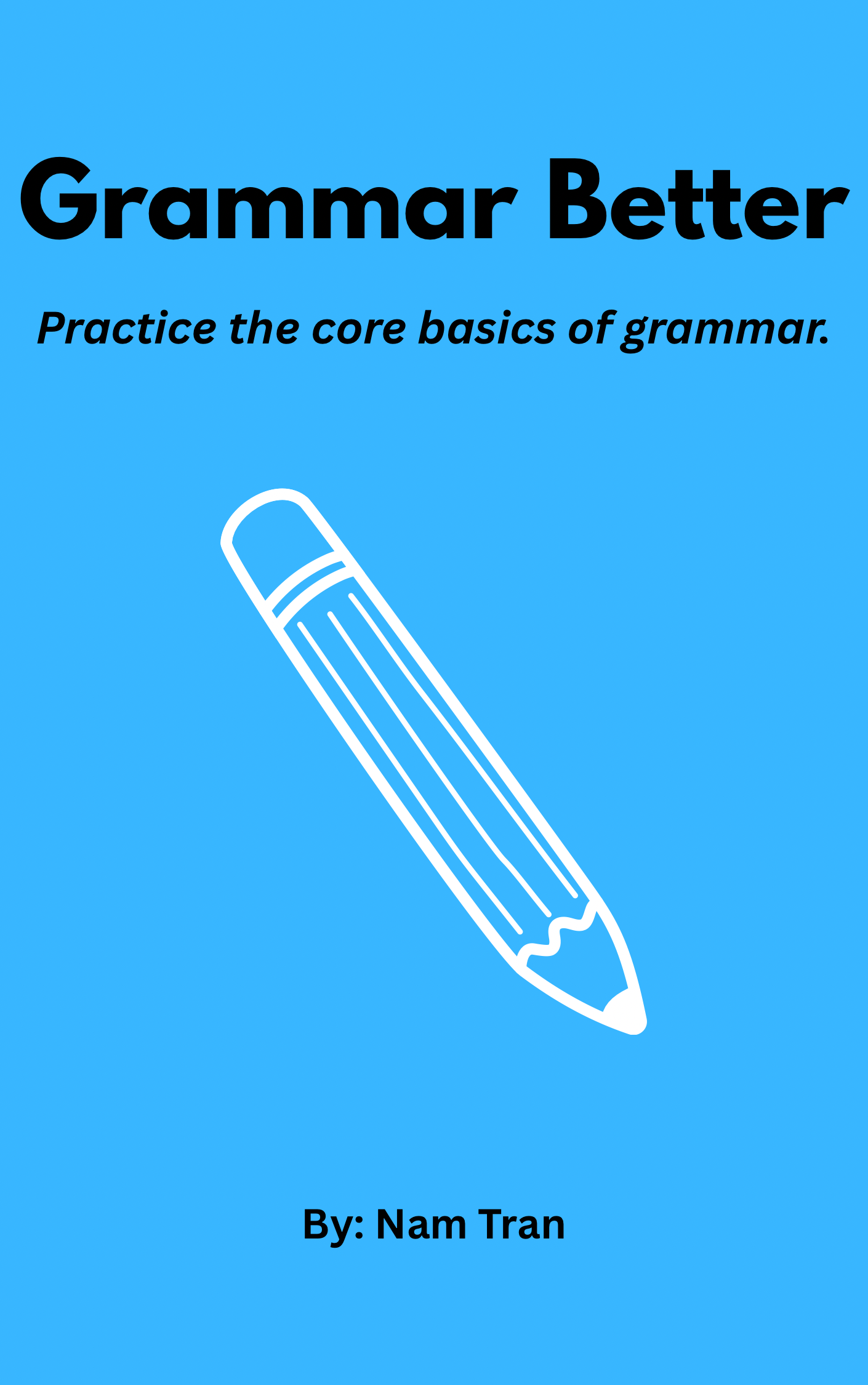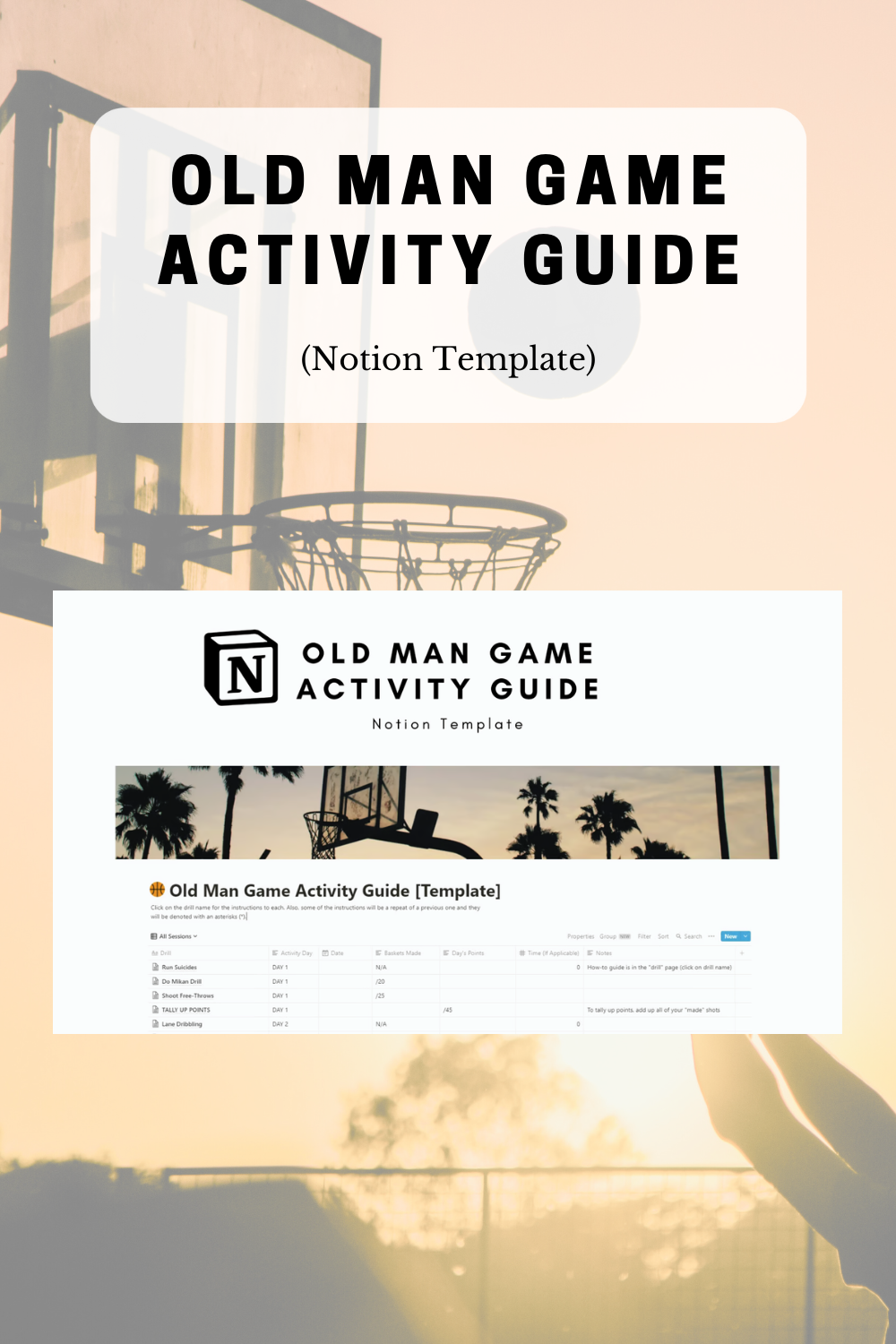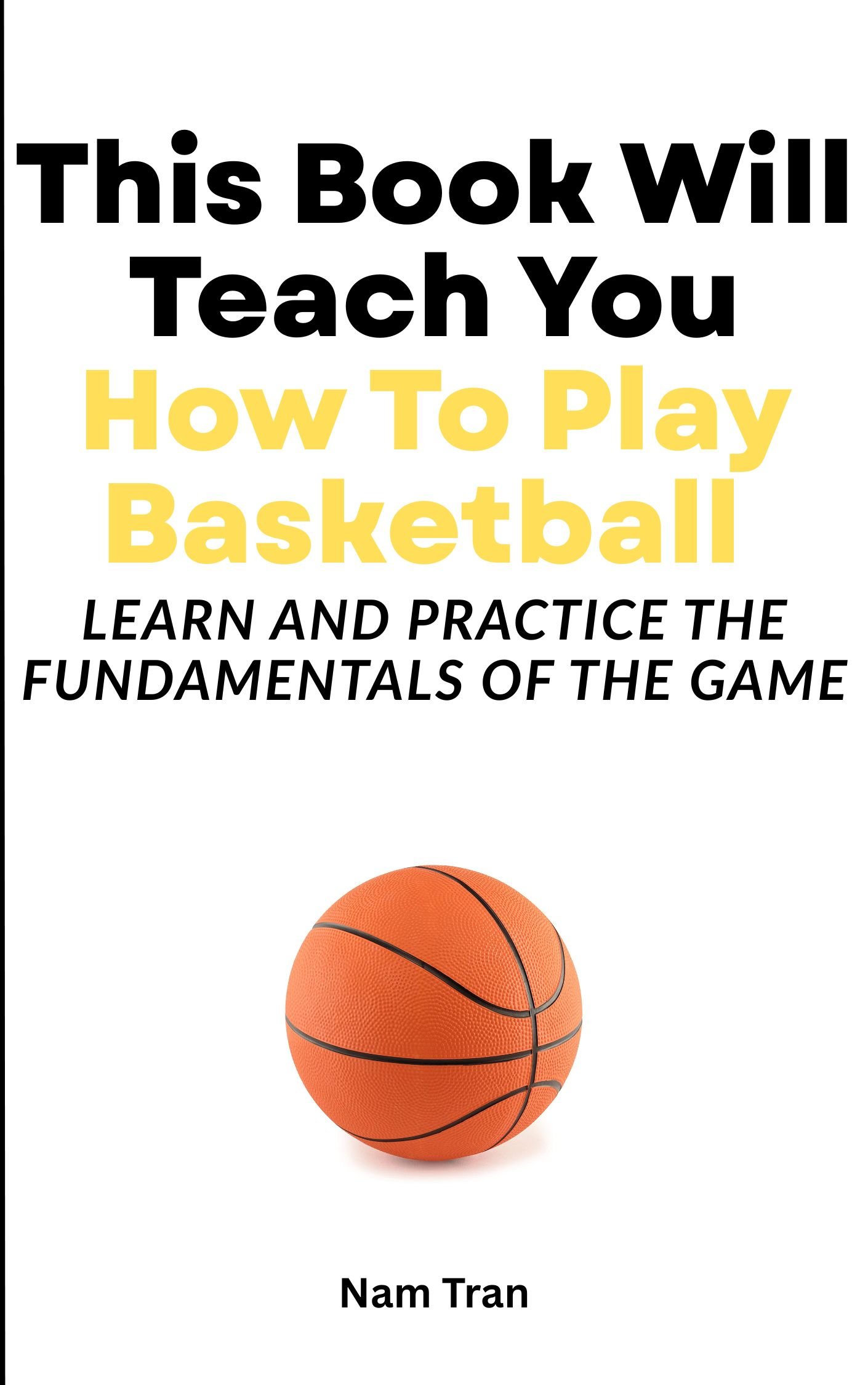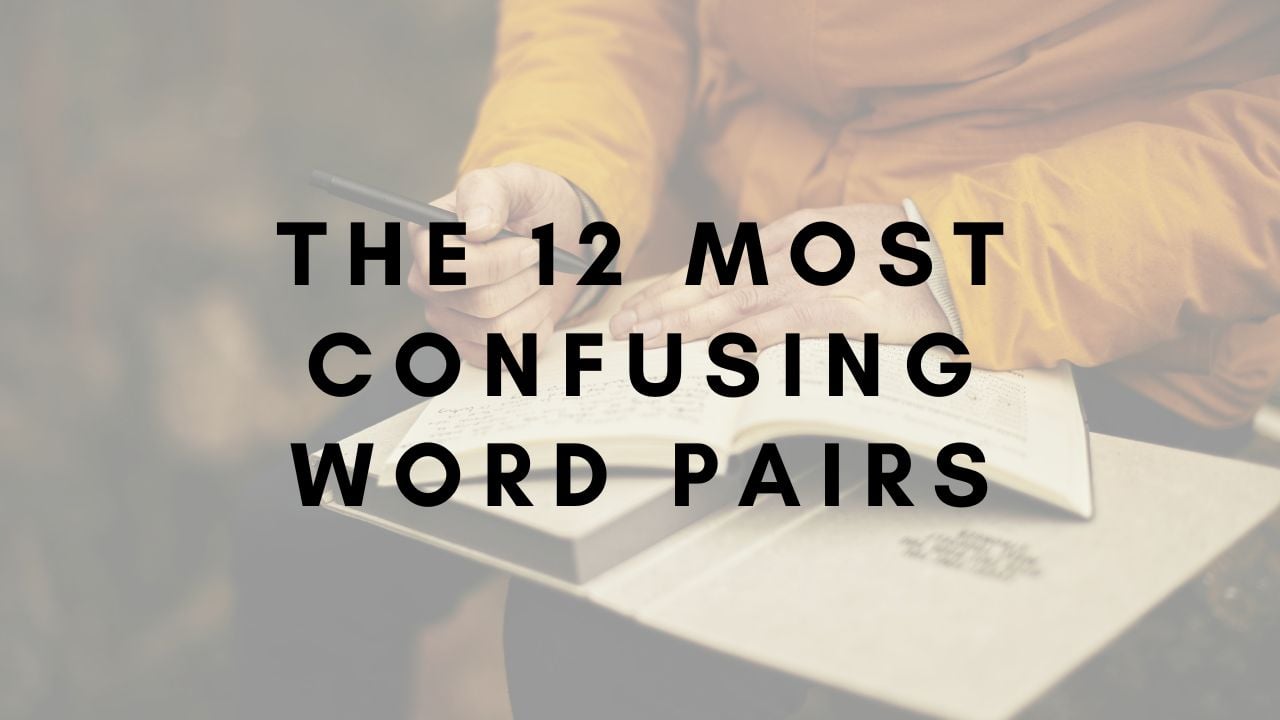
Here are the most confusing word pairs everyone has trouble with.
Words are confusing.
Some have the same sound but are spelled differently, all the while having completely different definitions.
And this has messed up a lot of people’s writing and conversations.
So, to help prevent this, here are the definitions of 12 of the most confusing word pairs (with examples):
Good, Well
The word “good” is an adjective, meaning it is used to describe nouns (a person, place or thing).
Examples: This is a good basketball for outdoor use.
The word “well” is an adverb, meaning it is used to describe verbs (action words).
Example: He passes the ball well.
Stationary, Stationery
The word “Stationary” is an adjective, meaning it’s used to describe nouns.
The word itself means staying still or not moving. It’s also used to describe something that’s not meant to be moved.
Example: Is that car stationary?
The word “Stationery” means “writing and other office materials.”
Also, it’s a noun, meaning it’s a person, place, thing or animal.
Example: I want to go to the stationery store to buy new pens.
Lay, Lie
The word “lie” means being in a flat position. It’s an intransitive verb, meaning it doesn’t need to be followed by an object.
Example: Why did you lie on the floor?
The word “lay” means to place something down and it’s a transitive verb, meaning it needs to be followed by
an object.
Example: Can you lay the box on the floor?
They’re, Their, There
The word “there” is an adverb and it’s used to modify an action word.
Example: “I ran there to find my keys.”
The word “their” is a possessive pronoun, meaning it’s a pronoun used to show ownership.
Example: “That’s their table. We have to wait for ours.”
The word “they’re” is a contraction (or short form) of they are.
Example: “They’re on the way.”
Its, It’s
The word “its” is a possessive pronoun and it is used to show a thing’s ownership.
Example: The dog ripped its toy.
The word “it’s” is a contraction of “it is” and you only use the word to replace “it is.”
Example: It’s going to be a cold day.
Your, You’re
“Your” is a possessive pronoun. You use it to show a person’s ownership over something.
Example: Is that your cup?
“You’re” is a contraction of “you are.”
Example: You’re such a nice person.
To, Too, Two
The word “To” is a preposition and you would use it when you’re indicating a direction or destination.
Example: I want to eat at a restaurant.
The word “Too” is an adverb that means “as well.”
Example: He said he wanted to come, too.
The word “Two” is the number 2.
Example: I have two cars.
Who, Whom
The word “Who” is a subject, meaning it comes before verbs or prepositions.
Example: Who ran to the store?
The word “Whom” is an object, meaning it comes after verbs or prepositions.
Examples:
- You tackled whom?
- He fell on whom?
- You got that gift from whom?
I, Me
The word “I” is a subject, whereas the word “me” is an object.
Example of when to use “I”: Sam and I will be on the same team.
Example of when to use “me”: Daniel is joining Sam and me.
Affect, Effect
The word “Affect” is a verb, meaning it’s an action word.
Example: The milk affected me in a way that was not pleasant.
The word “Effect” is a noun, meaning it’s a thing.
Example: The effect of the medicine helped my stomach.
E.g., I.e.
E.g. is an abbreviation for “for example.”
Example: Pronouns are words that can be used to replace nouns (e.g. the word “she” can replace the word “girl”).
The term “I.e.” is an abbreviation for “that is” or “in other words.”
Example: Adverbs are words that describe verbs (i.e. they modify action words).
Insure, Ensure, Assure
The word “Insure” means to protect someone or something against loss or damage, like what insurance does.
Example: The insurance will insure your car for the year.
The word “Ensure” means to make certain something will happen or to guarantee something will happen.
Example: To ensure my report is well-written, I got my teacher to proofread it for me.
The word “Assure” means to convince someone else that something is true.
Example: I assure you I will finish my report on time.
Conclusion
These are 12 of the most confusing word pairs/groups you will ever have to deal with.
Hopefully, this article helped you understand the differences between them and will help prevent you from making mistakes later on.

